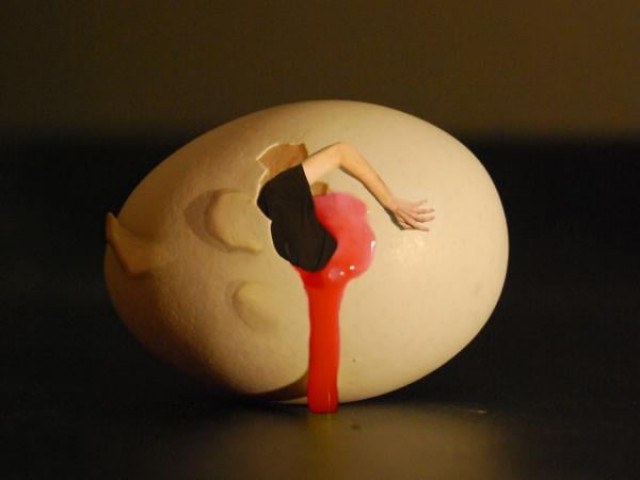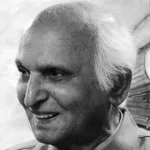A ghazal poet of the new generation is how Perveen Kumar Ashk introduces himself.
Let me add that his father, the late Kalvant Roy Kanwal Hoshiarpuri, too, was a poet. He taught his son Urdu and so well that he has ventured into poetry and sprung a surprise in the name of ghazal. As I read the volume, Dua Zameen, I cannot help admiring the poet for besting even those who came up with anti-ghazal.
When Maulana Hali dismissed the entire ghazal tradition, including his own work, as nightingale-and-the-rose poetry, and devoted himself to the ‘natural poetry’, most of the ghazal maestros simply ignored him.
The later poets however worried about how to deal with the embarrassing charge. But references to the nightingale and rose have continued to appear in the various forms ghazal has taken to this day in an attempt to distance itself from the nightingale-and-the-rose stuff.
Of course the progressive poets attributed new meanings, in accordance with their progressive paradigms, to metaphors and references like the nightingale and rose, cup and wine, cross and ropes, the hunter and the hunted, the flower picker and the cage and the caged.
The anti-ghazal represented a bigger revolt. Remember the ‘new gahzal’ by Saleem Ahmed and others? The intent was clearly to get rid of the essence of traditional ghazal. Akhtar Ahsan even came up with a name for the genre, calling it ‘Zen ghazal’.
When Ubaid Siddiqui recently sent me a volume of his verse, I was impressed with his achievement in keeping his ghazals so Spartan as to disallow the nightingale to nest or the rose to bloom. Once you have eradicated this metaphor central to ghazal the essential ghazal-ness of ghazal stands purged.
Going through Perveen Kumar Ashk’s collection I notice that it has entirely done away with ghazal’s traditional diction. The Persian constructs have been replaced with unchaste Indianisms. Okay, good. But then I came upon verses like:
do away with all this fabric
look at me, all naked.
Ah, so that is what Kalvant Roy’s son is up to denuding the ghazal of all that is poetic.
The modern ghazal, I realised, had given birth in India to a prose ghazal. Let me greet the well wishers the prose poem. It’s no longer an only child.
The birth of prose poetry, let it be said, was greeted by quite an uproar. For his prose ghazals, Perveen Kumar has won plaudits from the likes of Ahmed Nadeem Qasmi, Saqi Farooqi, Mazhar Imam, Muhammad Alvi and Mansha Yad. Actually the list is pretty long and includes Dr Wazeer Agha and Dr Nisar Ahmed Farooqi. What floored me was Anwar Sadeed’s compliment:
“Among those urging the Urdu ghazal to step barefoot on to new ground, Perveen Kumar Ashk deserves a prominent place.”
True. In Perveen Kumar Ashk’s collection, ghazal is barefoot having rid itself of its shoes of poetic diction. Actually the ghazal is running barefoot. And not just barefoot, it’s also bareheaded; it’s all bare.
The real anti-ghazal has finally happened. What went by that name or was called prose poem still showed some restraint, some regard to the poetic tradition. Perveen Kumar has taken the idea to new extremes and still managed to command applause from even those who had opposed the prose poem.
Truth be told, Perveen Kumar Ashk has left not a thread of poetic fabric on his prose ghazal. The reaction to too much craftsmanship in poetry has brought us to where none is in evidence.
*Translated from Urdu
Published in The Express Tribune.



COMMENTS
Comments are moderated and generally will be posted if they are on-topic and not abusive.
For more information, please see our Comments FAQ